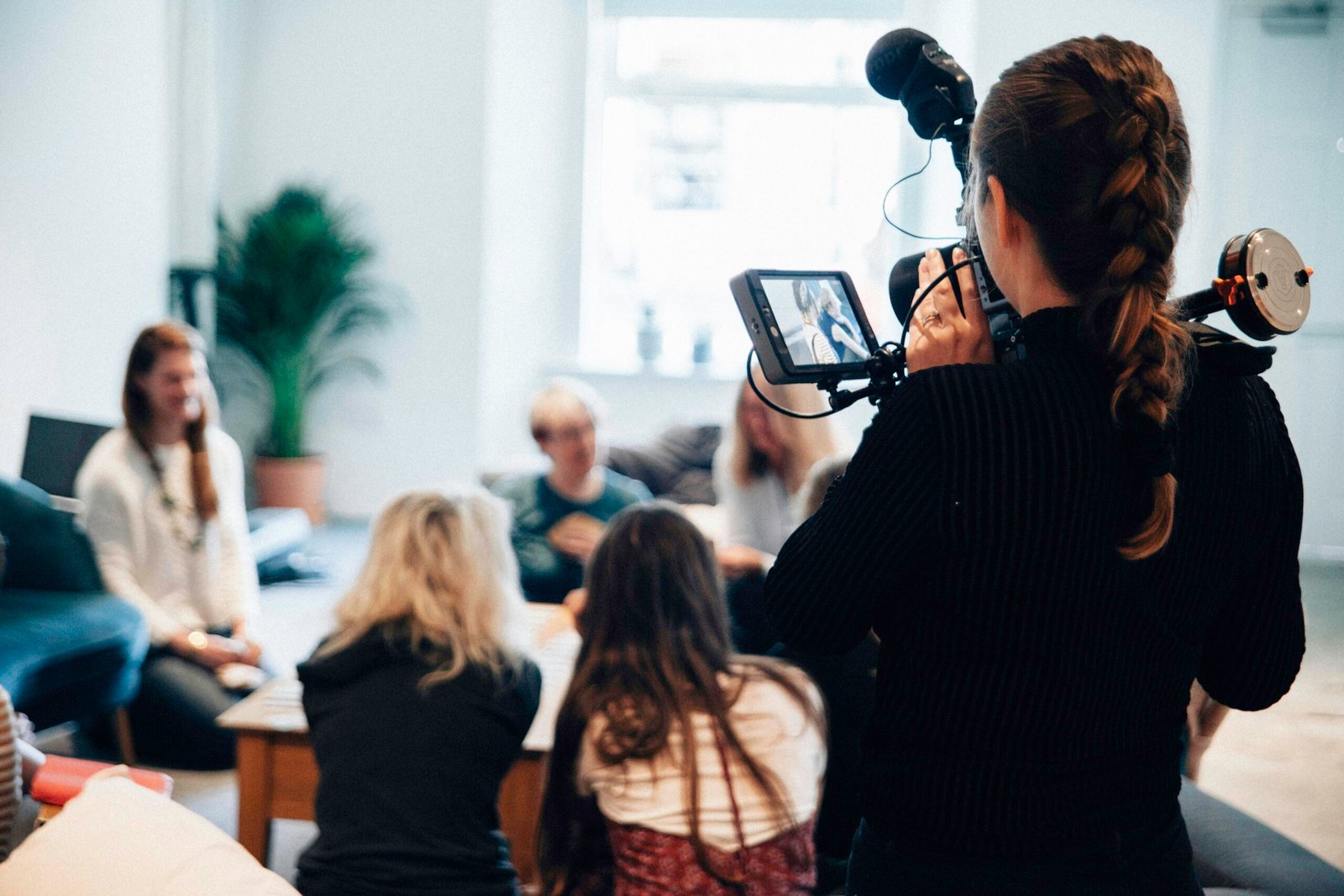In interviews and in life, it’s important to ask genuine questions rather than using them as an opportunity to talk about yourself. When an interviewer asks what questions you have, they want to know what you’re genuinely wondering about the work, the company, or the team. Using this time as a sales pitch, thinly disguised as questions, can come across as transparent and annoying. Similarly, asking questions just to look good or get special treatment is not the purpose of this interaction. People don’t appreciate their time being used for personal gain. So, the next time you’re in an interview or any other situation where questions are encouraged, remember to focus on genuine curiosity rather than promoting yourself.
Don’t Pretend to Have a Question Just So You Can Talk About Yourself — In Interviews and in Life.
Introduction
In both interviews and in everyday life, it’s important to ask genuine questions and engage in meaningful conversations. However, some people have a tendency to use this opportunity to talk about themselves rather than seeking information or understanding from others. This article explores the importance of asking genuine questions, provides examples of inappropriate questions, discusses the use of sales pitches in interviews, and addresses various situations where individuals may be inclined to talk about themselves instead of genuinely engaging with others.
The Importance of Asking Genuine Questions
When an interviewer asks what questions you have for them, it’s an invitation to ask legitimate, genuine questions about the work, the company, or the team. Asking thoughtful and relevant questions demonstrates your interest in the position and your desire to make an informed decision. It also allows you to gather valuable information that can help you assess whether the opportunity is the right fit for you. By asking genuine questions, you show that you are genuinely interested in the role and the organization.

Examples of Inappropriate Questions
One common mistake people make is using the time allotted for questions as a sales pitch. Rather than asking questions to gather information, some individuals ask thinly disguised questions that give them an opportunity to market themselves for the job. For example, instead of genuinely inquiring about the most important qualities the company is looking for in candidates, they use this as a chance to talk about their own experience and skills that align with those qualities. This kind of behavior is transparent and off-putting to interviewers.
Sales Pitch in Interviews
Using the interview process as a sales pitch is not only inappropriate but also counterproductive. Interviews are meant to be a two-way street, allowing both parties to gather information and assess compatibility. By focusing solely on trying to make yourself appealing to the interviewer, you miss out on the chance to evaluate whether the role and the organization align with your own goals and values. This sales pitch mentality can come across as overly pushy and may harm your chances of being seen as a genuine candidate.

Questions That Are Disguised Ways to Talk About Yourself
Aside from interviews, there are other situations where people use questions as a way to talk about themselves rather than seeking genuine answers. For example, during workshops or presentations that include a Q&A session, some individuals take up valuable time by asking questions that are thinly disguised ways to talk about their own experiences or successes. This behavior not only detracts from the purpose of the session but also shows a lack of consideration for others who may have genuine questions or concerns.
Using Q&A Time at Workshops and Presentations
When attending workshops or presentations, it’s important to respect the purpose and flow of the session. Q&A time is meant for individuals to seek clarification, ask relevant questions, and engage in meaningful discussions. Using this time solely to boost your own ego or promote yourself is not only disrespectful to the presenter but also to other attendees who may have genuine questions or areas of interest. Instead of hijacking the Q&A session, focus on asking questions that contribute to the overall learning experience for everyone involved.

Informational Interviews for Personal Gain
Informational interviews can be a valuable tool for gathering insights and expanding your professional network. However, some individuals misuse informational interviews as a means to gain a personal advantage. They may not genuinely care about the questions they ask and instead hope that the conversation will form a connection that will give them a leg up when applying for a job or generate immediate job leads. This approach is unfair to the person being interviewed, as their time is being used for personal gain that they did not consent to.
Respecting Others’ Time
In all aspects of life, it’s crucial to respect others’ time and not waste it for personal gain. Pretending to have a question just to talk about yourself is not only unprofessional but also disrespectful. When engaging in conversations or seeking information, consider the needs and interests of the other party. Show genuine curiosity, actively listen, and ask questions that demonstrate your interest in learning from others. By respecting others’ time and engaging in meaningful conversations, you build stronger connections and contribute to a more positive and collaborative environment.
Conclusion
Whether in interviews or in everyday interactions, it’s important to ask genuine questions and engage in meaningful conversations. Pretending to have a question just so you can talk about yourself is inappropriate and counterproductive. Use interview opportunities to gather information, demonstrate genuine interest, and make an informed decision about the job and organization. In other situations, such as workshops and presentations, respect the purpose of the session and contribute to meaningful discussions rather than using it as a platform for self-promotion. By asking genuine questions and respecting others’ time, you create a more positive and respectful environment for everyone involved.













